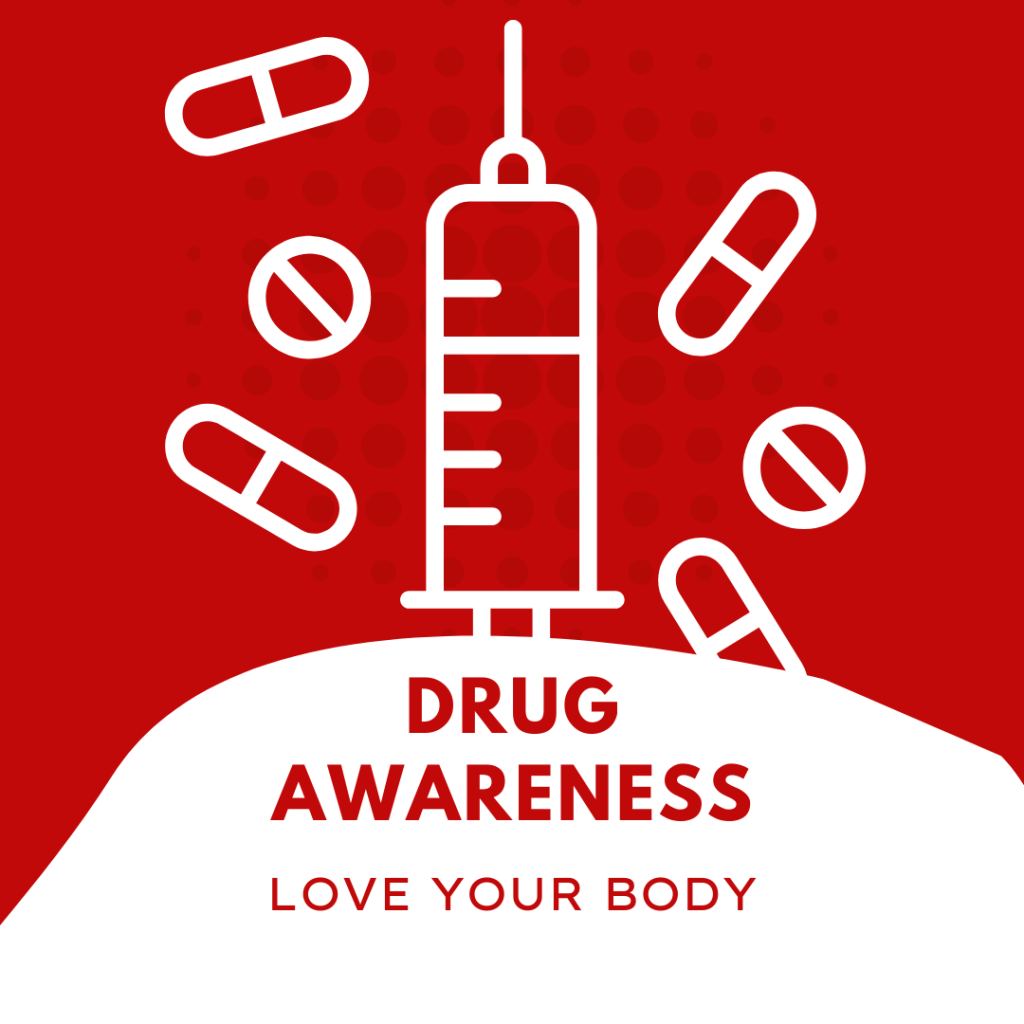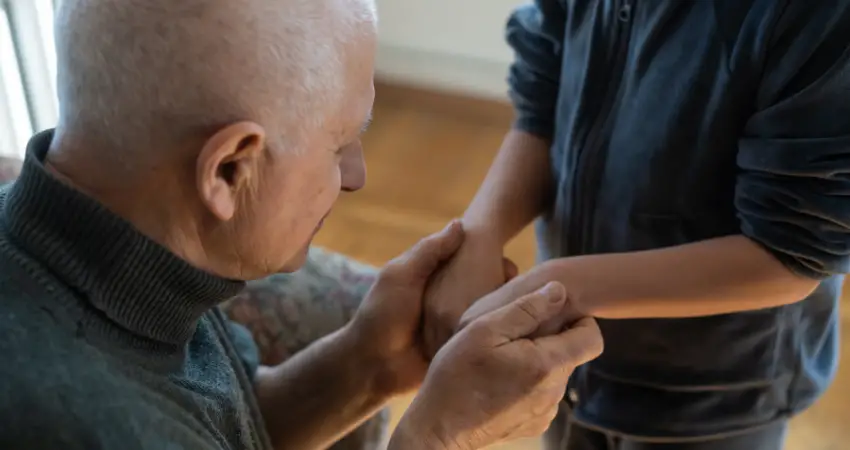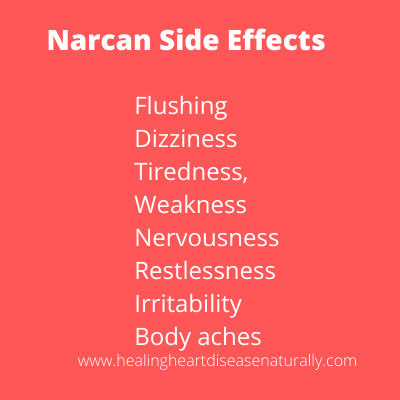When Narcan Goes Wrong and the Patient Goes Into Distress
Narcan is a miracle drug. It has literally brought back people from the dead by reversing overdoses. Narcan is a treatment for the overdose of Opioids.
Drug overdose is the leading cause of injury from an accident in the United States. Since 1990, overdose deaths have increased 5-fold.
What is an Overdose?
Overdose (OD) happens when a toxic amount of a drug, or combination of drugs overwhelms the body.
People can overdose on plenty of substances. However, none are as deadly as overdosing on Opioids.
The reason being is because oftentimes, people mix Opioids with benzos such as Ativan and Valium. The combination of an opioid and a benzo is a deadly combination.
What is Naloxone (Narcan)
Narcan is an opioid antagonist. An antagonist is a medication that will reverse the effects of another medication. The main problem with opioid overdose is respiratory suppression.
Opioids such as fentanyl cause respiratory depression because the drug acts on the respiratory center.
Narcan only works if the person has opioids in their system. Therefore, Narcan is an easy way to tell if the person has overdosed on an opioid.
Of course, if the person has been down for a significant amount of time and they have no pulse, Narcan will not be of any use. However, when a person is found down it is best to administer Narcan just in case.
How Does Narcan Work?
There are many receptors in the brain. The brain has many receptors for opioids.
When the number of receptors gets too full, the breathing slows down or even stops.
So when 911 is called and a person is down, the paramedics step into action.
On the scene, the paramedics have to do some critical thinking to determine if Narcan is needed.
They have to ask fast questions like:
- Does the person have a drug history?
- If the person can talk ask them if they took any drugs.
- Who was with the person?
- What environment is the person located?
- Is there any drug paraphernalia around the person?
- What is the person’s history?
Once the paramedics have made the decision that the person needs Narcan, they are able to administer the medication in several ways.
The quickest way is to give the Narcan nasally. The paramedics simply spray the Narcan up the nose.
The second way is to give the person Narcan in the muscle.
Sometimes, 911 will receive a call from a nursing home or a long-term care facility. In this situation, the person might have an IV in place.
Related Articles
Pictures of swollen ankles due to congestive heart failure
Are sock marks a sign of heart disease
Gift ideas for someone who has had a stroke
150 over 90 blood pressure
Narcan Dosage
When a paramedic or healthcare professional recognizes that a person may have had an overdose, Narcan comes in several forms and dosages.
Narcan comes in 0.4mg/ml or 1mg/ml dosages. This is the IV form.
If a provider is unable to establish IV access on the person, Narcan can be given intramuscularly (IM) or subcutaneous (SC) . This form comes in the dose of 0.4mg/0.4ml.
For a complete reversal of an opiate overdose, give 0.4-2 mg IV/IM/SC every 2-3 minutes not to exceed 1omg.
When Narcan Administration Goes Wrong
So normally if the person has overdosed with opioids , and they still have a pulse the Narcan should start to arouse them in seconds. Within 1-3 minutes, the person should be awake.
However, after they wake up is when the problems start. Some people are able to recover immediately from the overdose and go on about their way.
Other people can get very iritable or lethargic. The people who become lethargic and cant control their airway is the problem.
Often times, these people will go into respiratory distress. Often times when an overdosed person is given Narcan, it puts them in full blown withdrawals symptoms.-0
These people require emergency interventions such as oxygen supplementation, or even intubation.

Intubation
When a person has to be intubated because of Narcan, it is usually for 2-3 days. Intubation is when a tube is inserted into your lungs to help you breathe. When you are intubated, the provider will give you a sedative.
When you are ready to be extubated, the doctor will stop the sedation, and hopefully, you will wake up on your own and be at your baseline.
How Opioid Abuse Affects Your Heart
Opioid abuse is a big issue that doesn’t just mess with your mind; it also has a serious impact on your heart.
While many people are aware of how opioids can lead to addiction and other mental health issues, not everyone knows about the toll it can take on your heart.
Here’s how opioid abuse affects your heart in simple but educational terms.
Heart Rate Changes
When you use opioids, one of the first things that happens is that your heart rate slows down.
A slower heart rate might sound okay, but it’s not. Your heart needs to pump blood through your body to keep everything working right.
If your heart rate is too slow, you could be at risk for a heart condition called bradycardia.
Low Oxygen Levels
Opioids can make you breathe more slowly, too. Less breathing means less oxygen going into your blood.
Your heart needs oxygen to function well. When it doesn’t get enough, that’s bad news. Low oxygen levels can make your heart work harder and can lead to a condition called hypoxia, which is harmful to your heart and other organs.
Risk of Heart Infection
Using opioids often involves using needles, especially when people are abusing drugs like heroin.
If those needles aren’t clean, you could introduce bacteria into your bloodstream.
These bacteria can make its way to your heart and cause an infection called endocarditis. It’s a severe and sometimes life-threatening condition.
Blood Pressure Issues
Opioids can also mess with your blood pressure. For some people, opioids can cause a drop in blood pressure.
Low blood pressure might make you feel dizzy or lightheaded. On the flip side, quitting opioids suddenly can spike your blood pressure. High blood pressure is another risk factor for heart disease.
Higher Risk of Heart Attack and Stroke
Over time, opioid abuse can lead to more severe heart problems. You become more at risk for things like heart attacks and strokes. These are life-threatening conditions that need immediate medical attention.
Takeaway
If you or someone you know is struggling with opioid abuse, it’s crucial to understand the risks involved, especially when it comes to your heart.
The effects on the heart are just another reason why opioid abuse is so dangerous.
Seek medical help and consider treatment options to protect your heart and improve your health.
Remember, taking steps to quit opioids is also taking steps to protect your heart.
Can Narcan Save Everyone?
Narcan can’t save everyone who overdoses. It depends on the drugs that were overdosed on. It also depends on the overall health of the patient.
How can I obtain Narcan?
Narcan can be obtained without a prescription in the nasal spray form. Emergency room doctors are now also writing a prescription for Narcan to be giving to patients who have come into the emergency room for an overdose. Police officers and 911 paramedics also carry Narcan.
Does Narcan side effects?
Narcan does have some side effects. When a person has received Narcan, it can put them in full withdrawal. Sometimes this will require the person to have to take other opiates such as suboxone or oxycodone.
In many states Narcan is free. In fact, providers are now giving people who are addicted to opiates Narcan to carry around in case they overdose. Their families are also taught how to administer Narcan.



